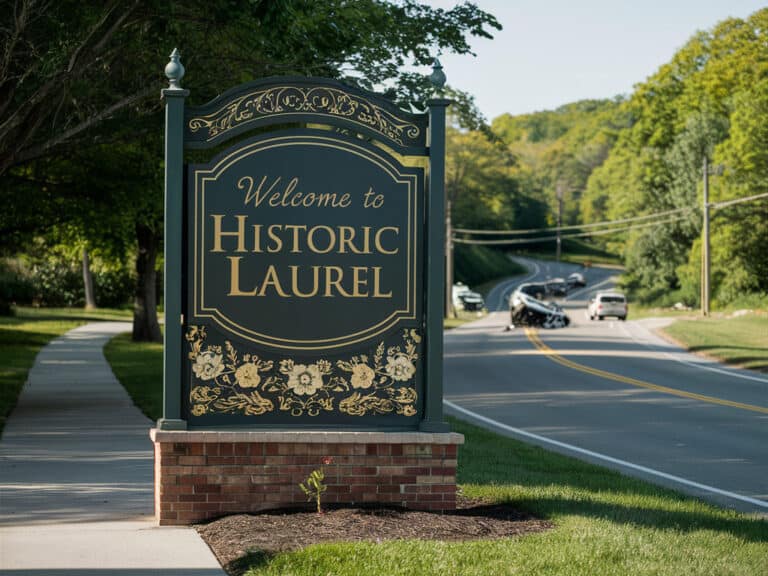- Personal Injury
If you slip and fall on someone else’s property, you can be sure that they will say it’s not their fault. Whether you were at a friend’s home, a big shopping mall or, your rented apartment, the story will be the same. Of course, simply saying “it’s not my fault” won’t hold up in a court of law. The property owner will, therefore, use one of the defenses available under the law to avoid having to compensate you for your injuries. To ensure that you can hold the property owner responsible, you’ll need to hire a Maryland slip and fall injury lawyer.
How Maryland Landowners Try to Evade Liability
To get compensation for your injuries, you need to prove that the property owner was negligent in some way. Negligence may be failing to fix a known hazard or failing to warn visitors that the hazard existed. You will have to prove that the property owner knew or should have known about the danger.
Lack of Knowledge
As a result of this, property owners often argue that they did not know about the hazard. However, the state’s premises liability law doesn’t require injured people to prove an owner actually knew. What you need to show is that they had “constructive knowledge” of the dangerous situation. This basically means that under the circumstances, an attentive landowner would be aware of the hazard. Some landowners may respond to this by saying that they regularly check the property for hazards. However, you may be able to find and present evidence that they did not carry out the usual inspections on the day that you slipped and fell.
Contributory Negligence
Another popular defense that property owners use is based on contributory negligence. This approach to liability bars a plaintiff from recovering damages if they’re even slightly at fault for the accident that caused their injuries. Maryland is one of the few states that still adhere to this rule. Landowners will often find a way to claim that the injured person was responsible for their injuries. You can only hold the other party responsible if you can prove that you did nothing to contribute to the accident.
This system differs from the comparative negligence system practiced by most states. With comparative negligence, the injured person can claim compensation if they’re partially at fault for their injuries. However, the amount they can claim is reduced by their percentage of fault. This means that if you are deemed to be 40 percent at fault for your injuries, you would only get 60 percent of the damages to which you would be entitled. Most people see this as a fairer system than the one practiced in Maryland. However, the state continues to adhere to this principle.
Assumption of Risk
Another option available to the property owner is to say you willingly assumed a known risk. If you walked on an obviously wet or slippery pathway, they will say you knew you could slip and fall but you went anyway. If you assumed the risk, you can’t get compensation if you hurt yourself.
Trespassing
If the property owner can show that you were a trespasser, you may find it difficult to get compensation. Trespassers are people who enter or remain on someone’s premises without their permission. Generally, property owners don’t have to warn trespassers about hazards on their property. If the owner didn’t know you were on their property, they’ll have even stronger grounds for denying liability.
Discuss Your Slip-and-Fall Accident with the Attorneys at Pinder Plotkin LLC
If you or a loved one has been injured on someone else’s property, you may be entitled to compensation. The property owner is likely to put up a strong defense, so you need to have an attorney fighting on your behalf. The sooner you contact a slip and fall attorney in Maryland, the better it will be for you. You typically have three years from the date of your injury to file a lawsuit. However, you need to give your lawyer as much time as possible to build a strong case. You shouldn’t wait until the last minute to contact an attorney.
Schedule a free consultation today to learn more about how we can help you. If you decide to hire us, you won’t have to pay until we get compensation for you. This may be through negotiations with the property owner’s insurance company or via a court ruling if the case goes to trial.





